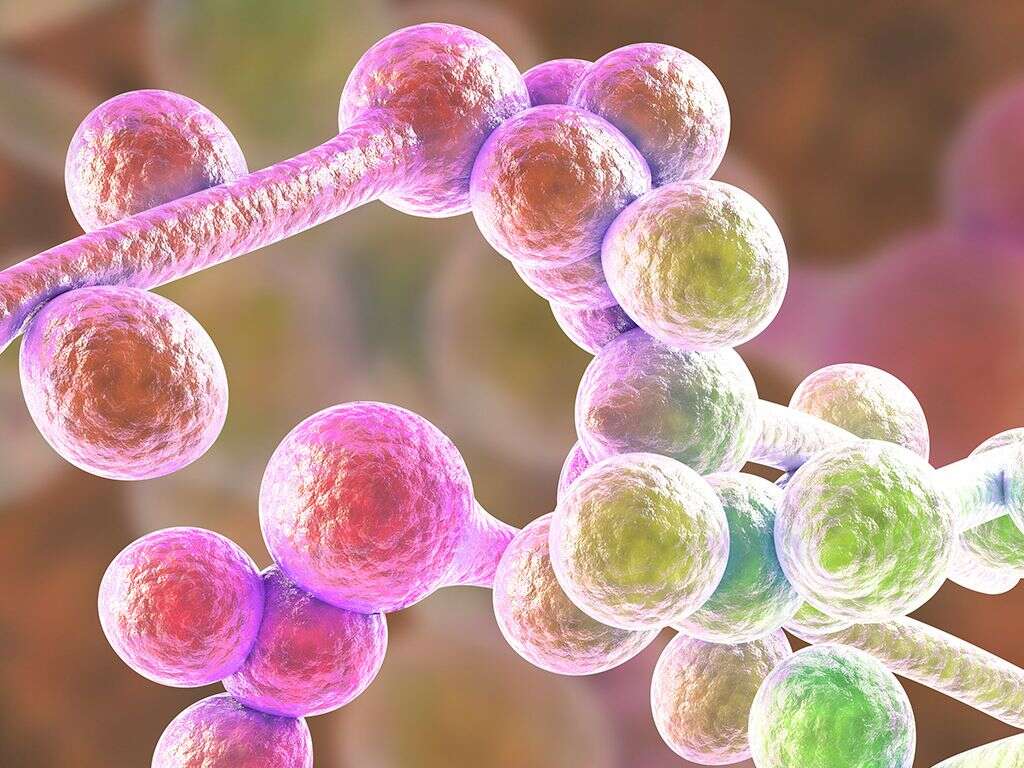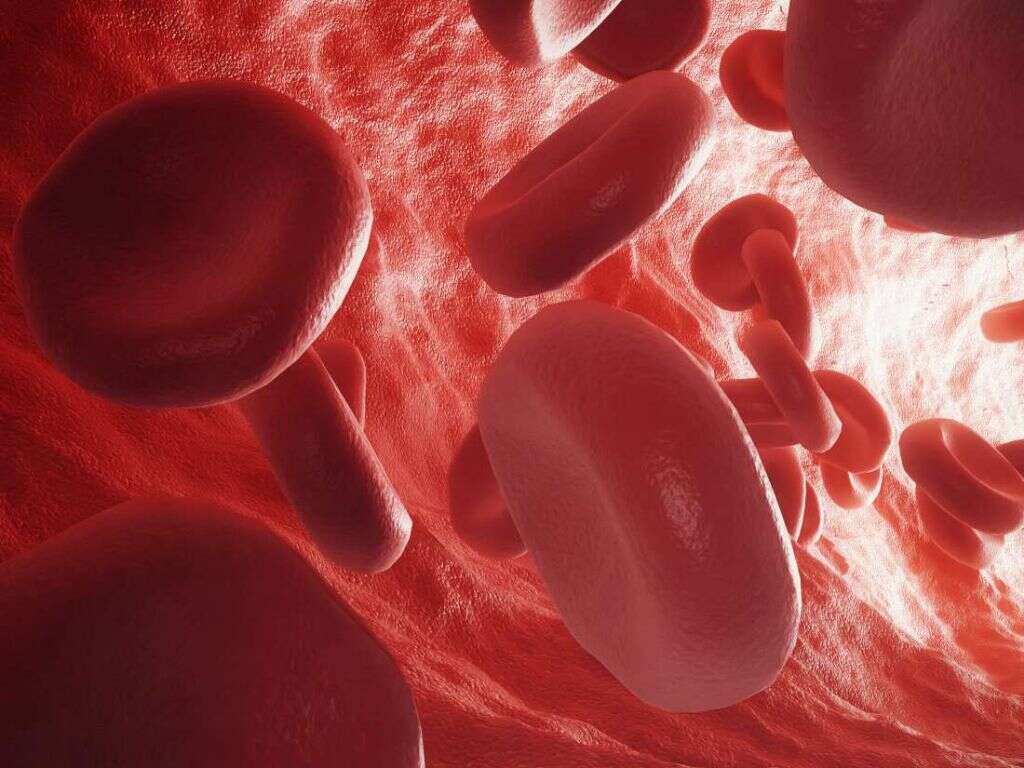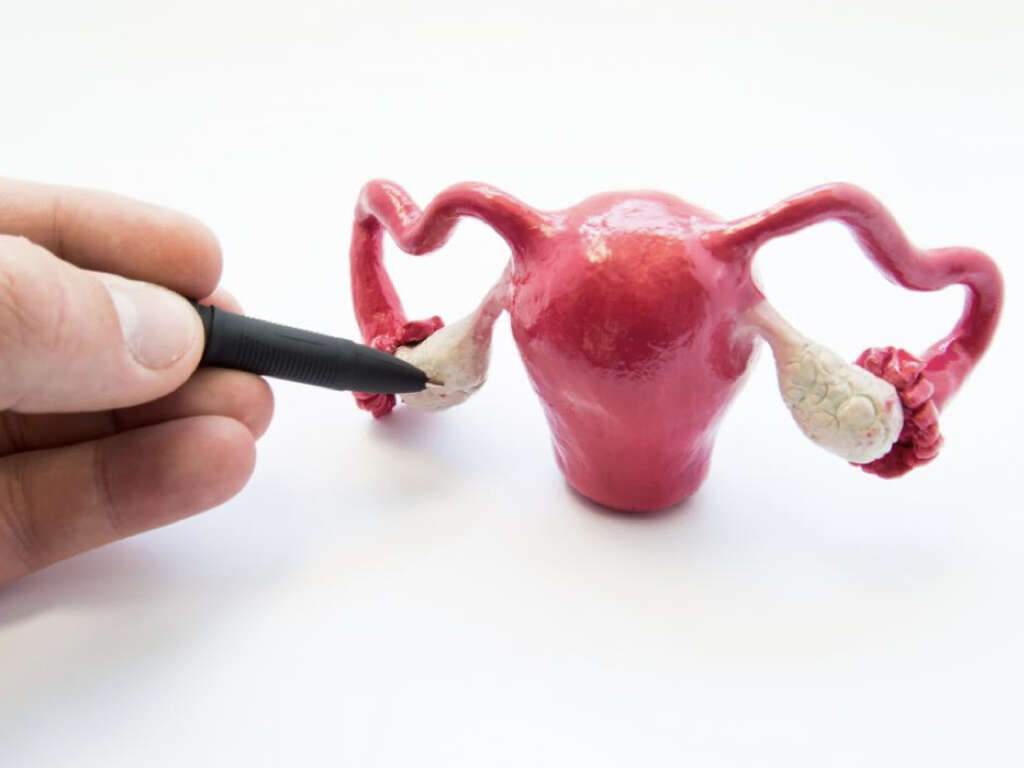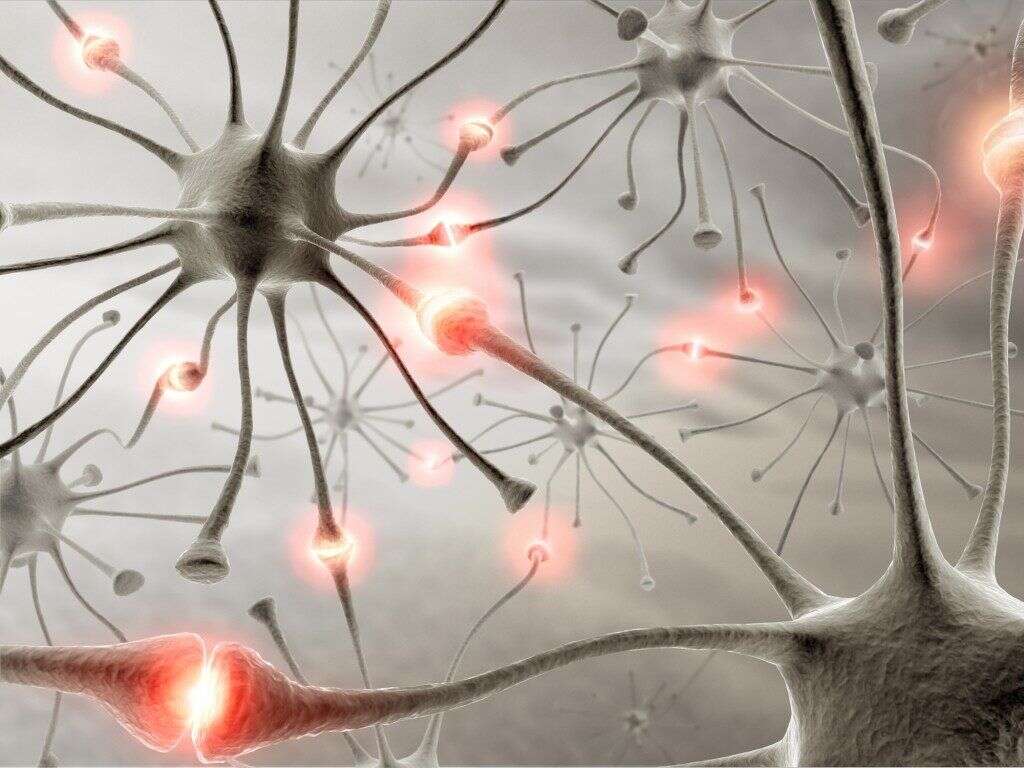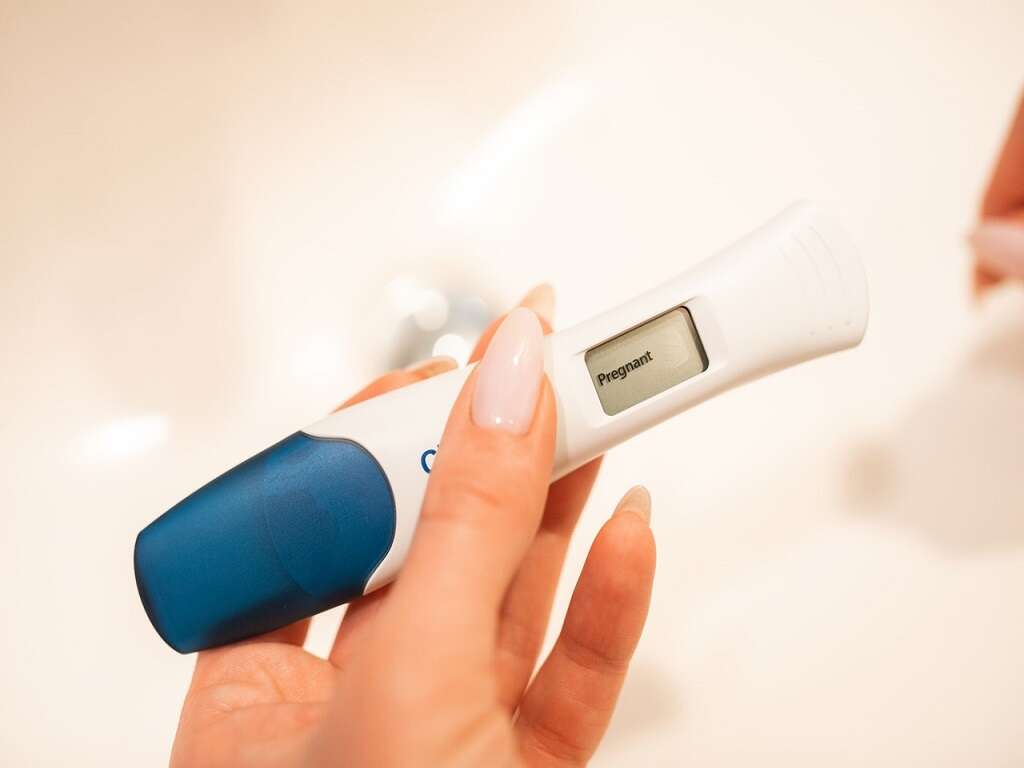10 Hormone Imbalance Symptoms
Hormones are chemicals produced by the body that help to regulate how our bodies function. They help to regulate pretty much anything from our energy levels to our digestive system and even to how we feel. If the levels of hormones in our bodies are thrown out of balance then it can have quite an impact on how our body functions.
There are various different types of hormone, with each one having a different effect. Hormone imbalances can also be caused by various things from a poor diet to malfunctioning organs.
In the majority of cases, the problem is curable, or at least treatable. Below are 10 hormone imbalance symptoms to be aware of.

Symptom #1: Weight Gain
It can be very hard to maintain a healthy weight. Busy lifestyles can mean that there is little time for calorie-burning exercise, while our diets are often far from helpful. If you do live reasonably healthily, though, yet you are still putting on a lot of weight, it could be down to an imbalance of hormones.
Our bodies convert excess energy into fat, which is then stored in the body in case it is needed at a later point. This process is largely controlled by hormones so an imbalance can cause us to pile on the pounds. Our hormones will also influence our metabolism, which will also have an impact on our weight.
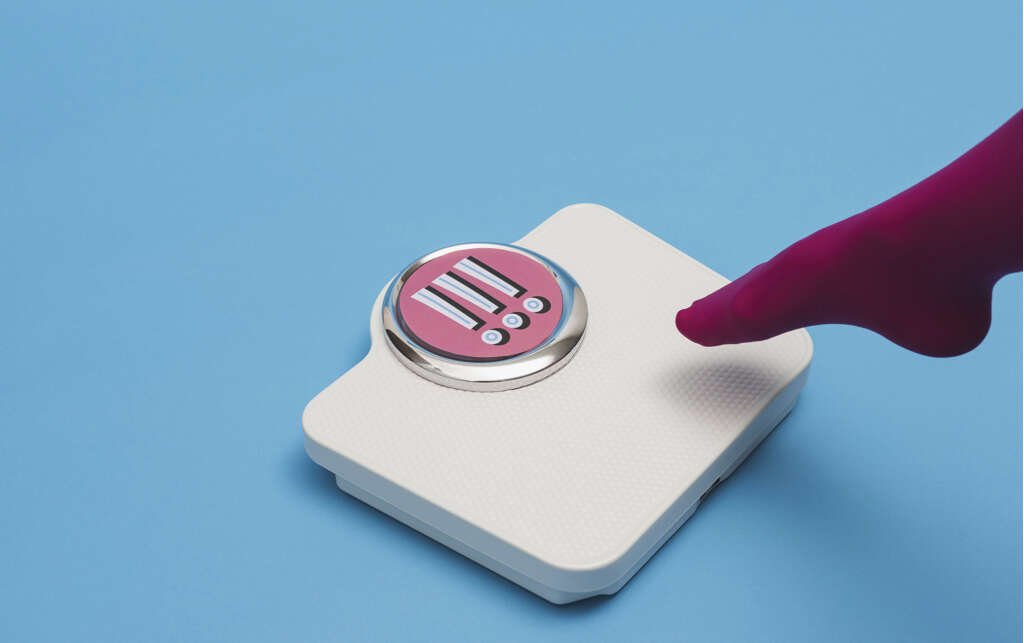
Symptom #2: Fatigue
Getting tired is very natural. Our bodies can only go on for so long before they need rest and refueling. This usually just means getting something to eat and/or getting some sleep, but it doesn’t always work for everybody. Some people will always feel tired even after they have just woken up.
If you do feel tired all of the time then there is a good chance that there may be something wrong and that something may be an imbalance of hormones. If you are always fatigued then you should make an appointment with a medical professional to try and find out what is causing it.

Symptom #3: Goiter
Some of our hormones are produced in the thyroid gland. This gland is found at the base of the neck. We don’t usually notice this gland at all but if there is something wrong with the gland then it can become swollen. This can result in a goiter, which is a rather noticeable swelling of the neck.
Because a goiter is caused by a faulty thyroid gland, it is an indicator that the gland is not producing hormones as it usually would. A goiter is not always due to hormonal imbalances, though, and it can be a result of an iodine deficiency. You should make an appointment to find out the cause if you have one.

Symptom #4: Insomnia
We all need to sleep, there is no avoiding it. Even those of us with the greatest stamina will have to sleep at some point, and a lack of sleep can be very difficult to deal with. It can cause us to be very tired and make it difficult for us to concentrate. A lack of sleep can also be dangerous to our physical and mental health.
There are various reasons why somebody might be having difficulty sleeping and a hormonal balance is one of them. The main hormone responsible for this is melatonin, which is usually released by the pineal gland at night. A sleep doctor may be able to help you get to sleep at night no matter what the cause of the problem is.

Symptom #5: A Low Sex Drive
Sex is one of the most natural and most enjoyable experiences that people can take part in. We will often have a very strong urge to have sex. This is necessary because it encourages us to procreate, thus enabling the continuation of our species. Some people don’t feel like having sex as much as others, though.
There are numerous potential reasons for a low sex drive and a hormone imbalance is one of them. Hormones like testosterone and estrogen play a big part in our sex drive and an imbalance can make us feel like not having sex at all. You should speak with your doctor if a low sex drive is bothering you.

Symptom #6: Stress
Stress is not pleasant, but it is also very natural and also often necessary. It is your body’s way of giving you a heightened sense of alertness. When we are stressed, it helps ensure that we are ready to deal with challenges and helps us ensure that things get done. Too much of it is far from good, however.
If you are experiencing stress too often and are having a hard time relaxing, it could be down to an imbalance of hormones. Sometimes, our bodies may produce too many hormones like adrenaline and cortisol. If you are experiencing prolonged stress, it is important that you get medical help.

Symptom #7: Menstrual Irregularities
Hormones are responsible for keeping us alive. They control our metabolism and many other functions. A hormonal imbalance can also affect the menstrual cycle.
Many hormones can cause menstrual irregularities, estrogen, testosterone, FSH (Follicle-stimulating hormone), and many more. A disruption in these hormones may cause amenorrhea (the absence of menses), and in some cases infertility and low libido as well.
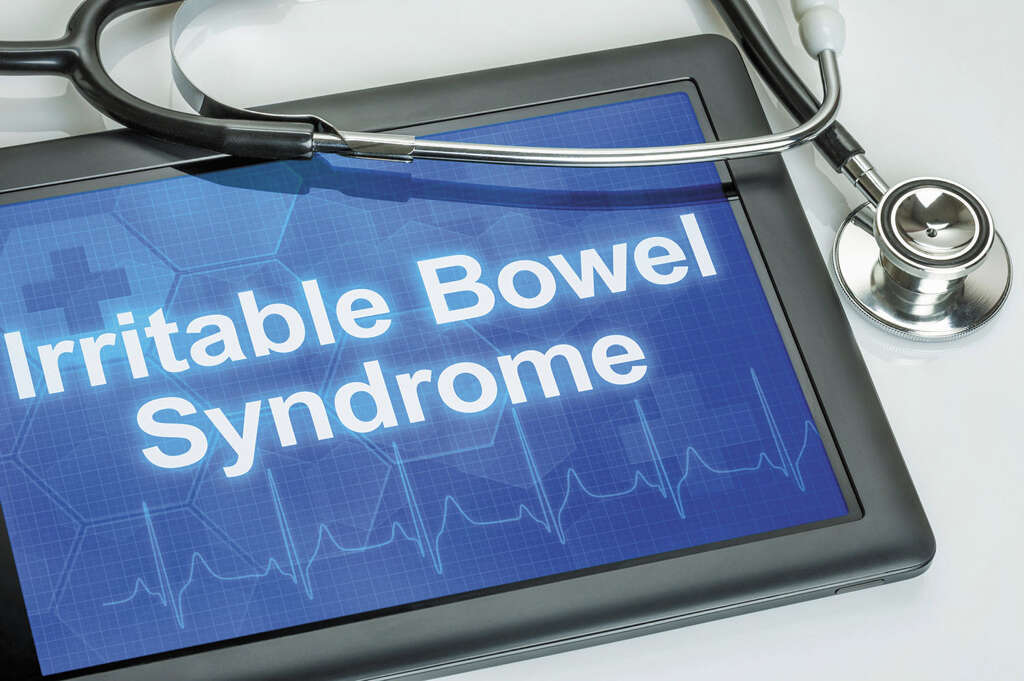
Symptom #8: Changes in Voice
We all have a different voice that makes it easy to recognize us straightaway. There is also a very wide range of voices, ranging from high-pitched to deep lower tones. Despite the range in both sexes, it is usually still very easy to tell whether somebody is male or female by their voice alone. This can change if there is a hormone imbalance, though.
When there is a hormone imbalance, men can find that their voices become higher pitched and women can find their voices deepen. This can make it difficult to identify their sex from their voice alone. The symptom is something that you should arrange to get checked out.

Symptom #9: Dry Skin
We can often tell a lot about a person’s overall health just by glancing at their skin. If it doesn’t appear to be as healthy as usual, then there is a good chance that there is something wrong somewhere within the body. It could be down to an imbalance of hormones.
Healthy skin should be soft and supple, but a hormone imbalance can cause it to become dry. Patients can also find that their hair begins to thin and that their hair and nails become more brittle than usual. If you do notice these symptoms, you should book an appointment with a medical professional to try and find the cause.

Symptom #10: Change in Appetite
It is very important to us that we have a healthy appetite for food. Such an appetite ensures that we get the nutrition that we need from eating which, in turn, will keep us healthy. It is also important that we don’t have too much of an appetite, however, because eating too much is also bad for us.
A change in appetite can have quite a profound effect on our overall health. If you do find that you suddenly want to eat a lot more, or that you wish to eat less, then you should make an appointment with a doctor. There are numerous potential causes and an imbalance of hormones is one of them.






